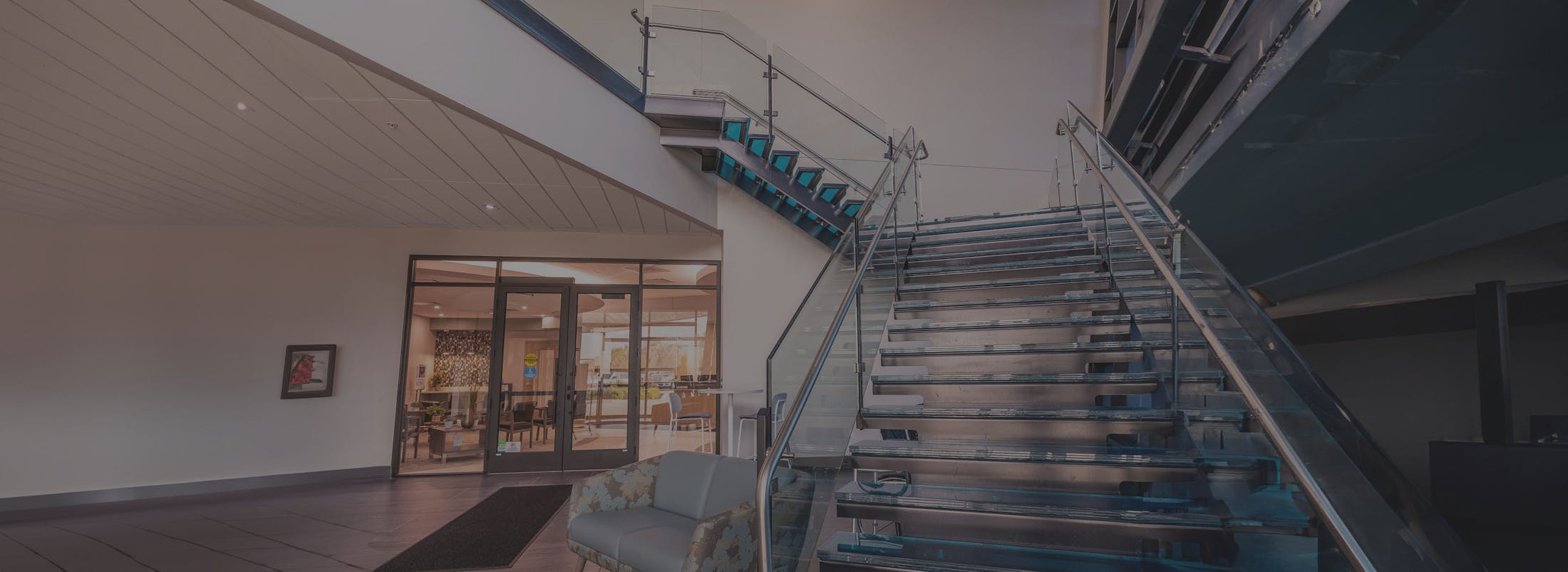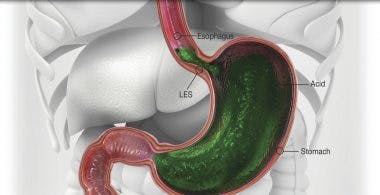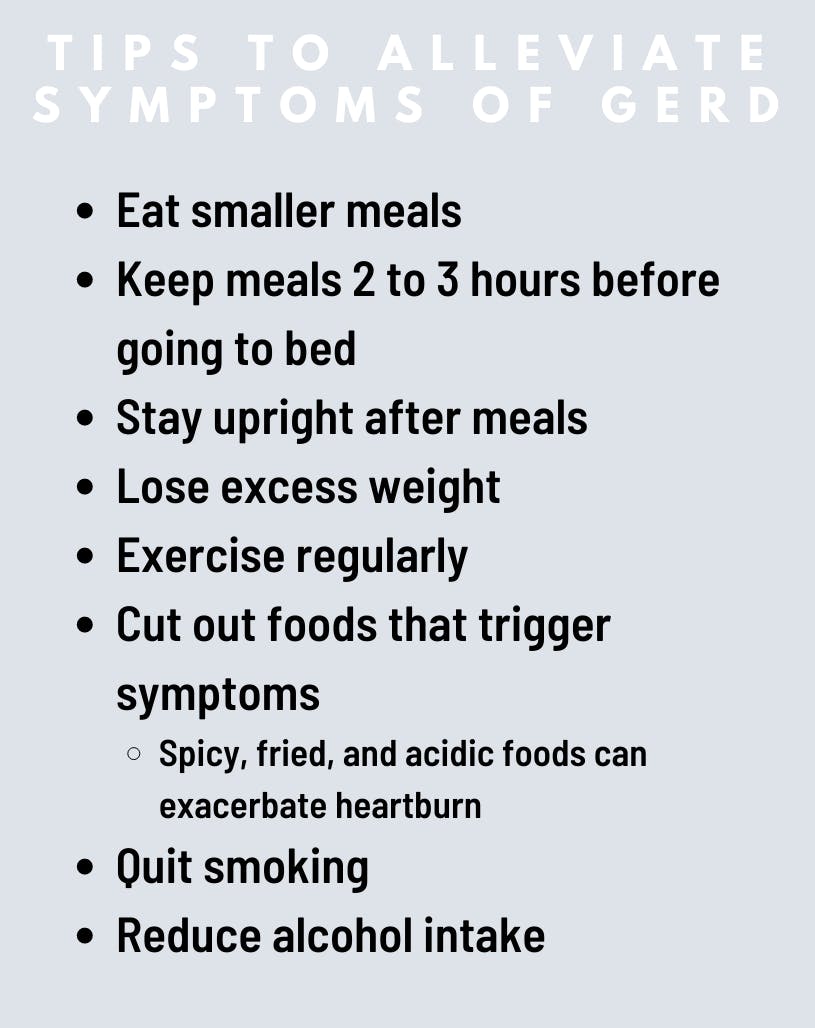

Turkey, stuffing and all the trimmings are typically found in abundance around the Thanksgiving holiday. These indulgences are a time-honored part of the American tradition. However, millions of people will suffer heartburn after having a first, second—and even third—portion of their favorite foods. A signature burning sensation in the chest, behind the breastbone and in the middle of the abdomen, is a common occurrence many wish they did not associate so closely with holiday celebrations.
The occasional bout of heartburn shouldn’t be cause for major alarm. However, if the issue persists, happening two or more times a week, it could be a sign of gastroesophageal reflux disease (GERD).
This week marks the 21st annual GERD Awareness Week (November 22 – 28). The International Foundation for Functional Gastrointestinal Disorders (IFFGD) first designated GERD Awareness Week in 1999 to help raise public awareness of the disorder.
What is GERD?
The United States National Library of Medicine defines GERD as “a condition in which stomach contents (food or liquid) regularly leak backwards from the stomach into the esophagus (the tube from the mouth to the stomach).”
This happens when the muscle that serves as the “door” to the stomach, called the lower esophageal sphincter, becomes weak or damaged and can no longer close properly.
Symptoms of GERD
Although frequent heartburn is GERD’s most recognizable symptom, there are others that can be present:
- Regurgitation
- Pain or discomfort in the chest
- Cough
- Chronic sore throat
- Dysphagia (feeling like food is sticking in the throat)
- Difficulty or pain when swallowing
- Frequent belching
- An acidic or sour after taste in the mouth
- Hoarseness in the morning
Complications
Left untreated, GERD can cause serious medical conditions, including esophagitis, ulcers, lung inflammation and erosion of the teeth. Ten percent of people with chronic symptoms of GERD develop Barrett’s esophagus, an abnormal change in the lining of the esophagus linked to a potential increased risk of developing esophageal cancer.
While it accounts for just one percent of cancers diagnosed in the United States, esophageal cancer has grown more than 400 percent in incidence in the past 40 years and is one of the most lethal types of cancers. A Stage IV diagnosis comes with a small survival rate of just 5 percent.
Treatment
If you believe you, or a loved one, may possibly be suffering from GERD, the first step is to consult with a GI physician to receive an accurate diagnosis.
Lifestyle changes can help manage the symptoms of GERD, and over-the-counter medications are useful for temporary relief, but they won’t prevent regurgitation or allow the esophagus to heal.
For about 30 percent of GERD sufferers, symptoms get worse despite the use of medication and implementation of lifestyle changes. Those patients should consider whether surgical intervention is an option for them.
Surgical Associates treats GERD through fundoplication and the LINX Reflux Management System.
Fundoplication surgery is most often used to treat gastric reflux caused in part by a hiatal hernia, which is when part of the stomach pokes into the chest cavity.
During fundoplication surgery, the top of the stomach is wrapped around the lower portion of the esophagus and sewn into place. This repairs the natural anti-reflux barrier, preventing stomach contents from ending back in the esophagus.
Fundoplication surgery has been shown to provide long-term relief of gastric reflux symptoms in approximately 87 percent of patients.
Unlike other procedures used in the treatment of gastric reflux, the LINX system does not include alteration of the stomach. Implanted laparoscopically, it consists of a small a band of magnetized titanium beads that wrap around the base of the esophagus. The band stops stomach acid from reaching the esophagus, but can expand and contract for easy swallowing.
The LINX system is a permanent, drug-free solution that can help patients return to a normal lifestyle unencumbered by GERD.
Long-Term Benefits of LINX
- EASES symptoms of heartburn and regurgitation
- LESSENS instances of acid exposure to the esophagus
- REDUCES or ELIMINATES the need for gastric reflux medications
Enjoy the holidays and every day
Don’t let another holiday season go by while suffering from GERD. Contact the GERD specialists at Surgical Associates today to get back to living a life free from heartburn!
Appointments can be made by calling 715-847-2022 or upon referral from a primary care provider.
For more information about Surgical Associates’ fundoplication procedure or LINX Reflux Management System, click here.




